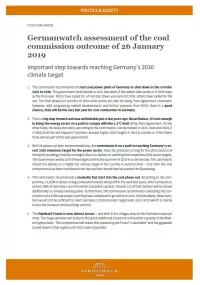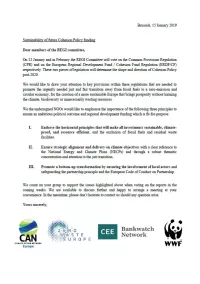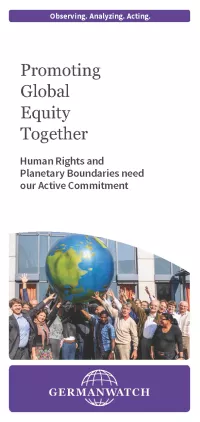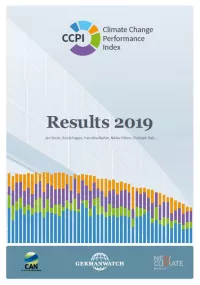
In its final report, the German coal commission recommends the last coal power plant of Germany to shut down in the corridor 2035 to 2038. This is an important step towards reaching Germany's 2030 climate target. Nevertheless, it is not enough to bring the energy sector on a path to comply with the 1.5°C-limit of the Paris Agreement.
In this short position paper, Germanwatch asesses the most important outcomes of the coal commission's final report of 26 January 2019.





